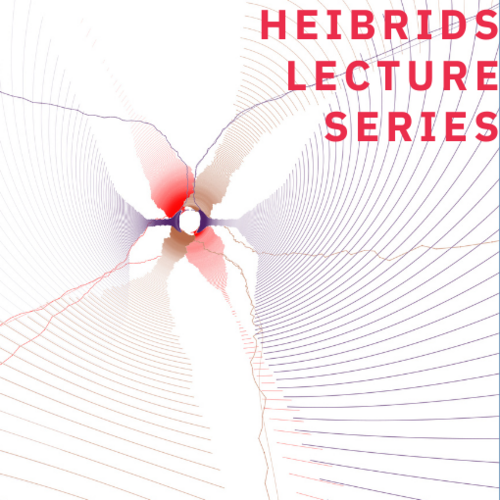Natural language representations in the human brain: A computational approach
Speaker: Fatma Deniz, TU Berlin
Natural language is strongly context-dependent and can be perceived through different sensory modalities. For example, humans can easily comprehend the meaning of language presented through auditory speech and written text. Hence, to understand how language is represented in the human brain there is a necessity to map the different linguistic and non-linguistic information perceived under different modalities across the cerebral cortex. In my lecture, I will introduce a computational approach that aims to understand of how the human brain processes linguistic information across modalities by mapping different levels of information to human brain responses. This approach relies on observing the human brain performing tasks in ecologically valid settings, building predictive models of brain responses acquired using functional MRI, and creating generalizable and reproducible results. Using representations derived from neural natural language processing (NLP) systems, I present models of brain responses recorded with functional MRI while human participants comprehend natural narrative stories. I then show how these models lead to a better understanding of language representations in the brain across modalities and languages.


